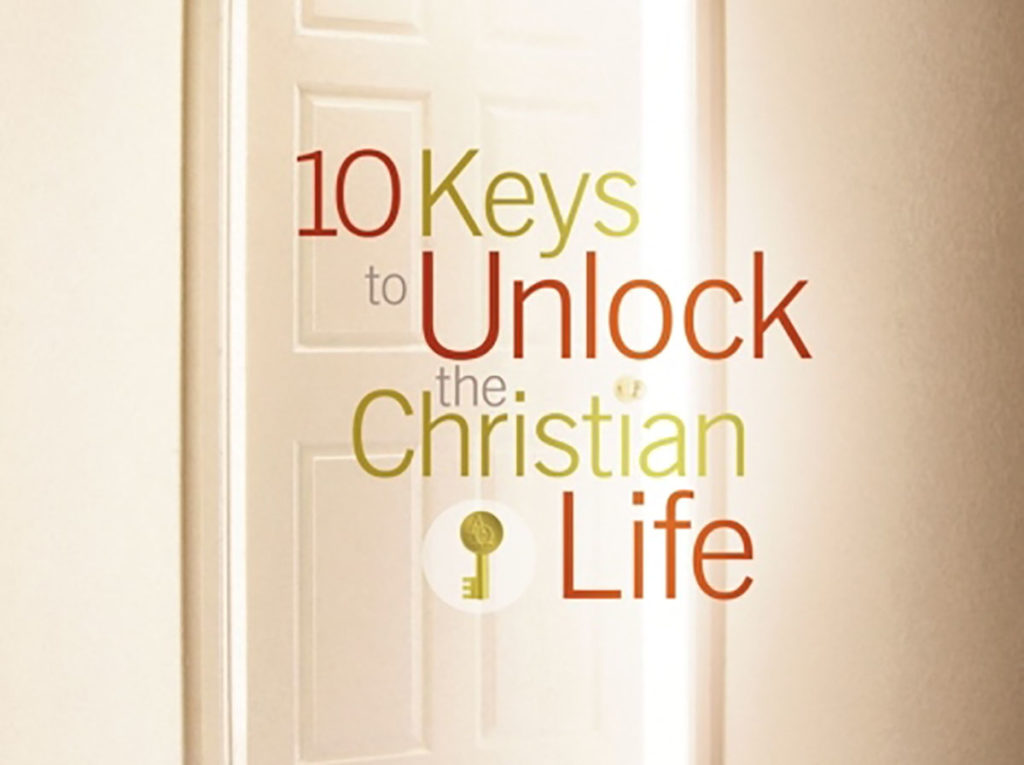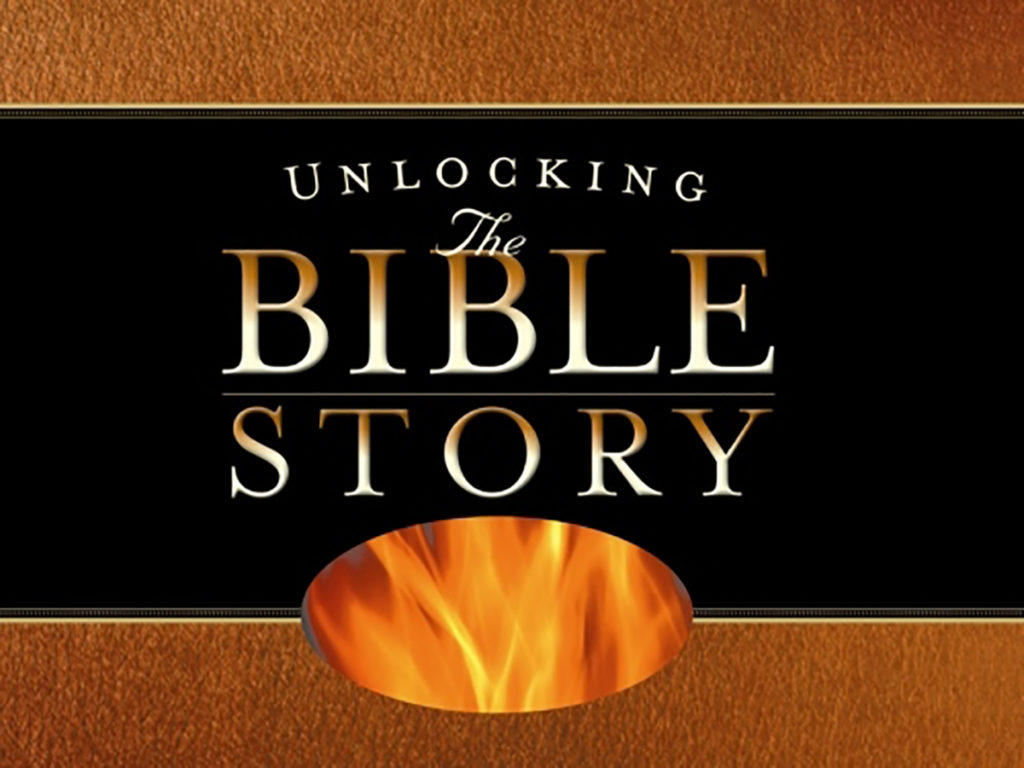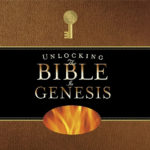The Bible never gives us a full explanation of the origin of evil, but it does indicate that the devil was an angel who became inflated with pride and tried to usurp the position of God (Isaiah 14:12–14).
Satan’s rebellion led to his being excluded from the presence of God and cast down to the earth. So right from the beginning of the human story there was an enemy bent on destroying the work of God.
This enemy, known most commonly as Satan, the devil, or “the father of lies” (John 8:44), attempted to recruit the human race into his rebellion. And his first aim was to introduce the man and the woman to the experience of evil.
Reading Our Opponent’s Plays
A good coach will study an opponent’s plays, so that he or she can plan an effective defense. Satan used his best plays in the garden, and once you learn these plays you will be able to defend against them.
The First Play: Confusion
Satan’s first play is to pose a question: “Did God actually say, ‘You shall not eat of any tree in the garden’?” (Genesis 3:1). God had given one simple instruction, and Satan’s first action was to question it. By questioning what God said, Satan makes it easier for the man and the woman to disregard the Lord’s command.
Whenever Satan tempts you to sin, his first strategy will be to create confusion. He will try to lower your defenses by suggesting that maybe a sin you want to commit is not really forbidden by God, or at least that the Bible is not clear about the matter.
The Second Play: Presumption
God had made it clear that sin would result in death (2:17), but Satan suggests to the woman that the consequences of sin have been greatly exaggerated: “You will not surely die” (3:4).
It’s not hard to see where this strategy is heading. He wants the woman to presume on the grace of God. “After all, God loves you,” he is saying, “so how could He allow anything bad to happen to you?” When Satan tempts you to sin, he will lower your defenses by suggesting that you can do this and get away with it.
The Third Play: Ambition
Adam and Eve were made in the image of God, but Satan suggests that they could now go one better: “Your eyes will be opened, and you will be like God, knowing good and evil” (3:5).
This is one of the enemy’s most subtle strategies. He loves to suggest that we should take the place of God, not because he thinks highly of us, but because of his deep hatred for God. He appeals to our pride when he suggests that we do not need God to tell us what is good and what is evil. His message is still the same: “You can be your own god. You can decide what is right for yourself!”
The Knowledge of Evil
God’s first law was, like all His commandments, a wonderful expression of His love: “You may surely eat of every tree of the garden, but of the tree of the knowledge of good and evil you shall not eat” (2:16–17).
God made everything good, and when He told Adam not to eat from this tree it was for his protection: “Adam, you already know about good, but you also need to understand that there is another reality in the universe called evil. I don’t want you ever to experience it, so don’t eat from this tree!” But Adam and Eve felt that they would like to have this knowledge of evil, and we have all lived with it ever since.
Excluded from Paradise
Evil has no place in the presence of God, so God banished Adam and Eve and placed angels called cherubim at the entrance to the garden, barring the way to the tree of life (3:23–24).
Adam and Eve were outside the place of God’s blessing. Their perfect marriage became strained, and their work became frustrating. They experienced pain, fear, and loss. And death was a terrible reality they could no longer avoid. Worst of all, they were alienated from God and alone in the world. Paradise was lost and there was no way back.
After God drove the man and the woman out, He “placed the cherubim and a flaming sword that turned every way to guard the way to the tree of life” (3:24). The flaming sword flashing back and forth speaks of the judgment of God. Getting around it was impossible. This sight must have been terrifying for Adam.
So here is the Bible’s diagnosis of the human condition: We have a knowledge of evil, and we are excluded from the presence of God. We can’t get free from this knowledge of evil, and we can’t get back into God’s paradise. That is the diagnosis, so what is the prescription?
Hope That Began with a Curse
Hope began on the day that Eve and Adam sinned, and it began with a curse! God said to the serpent, “Cursed are you” (3:14).
A curse is an “utterance of deity, consigning a person or thing to destruction.”1 So when God cursed the serpent, He was announcing that evil would not stand. Satan would not have the last word. Adam and Eve must have been overjoyed at hearing this news.
We can thank God for His curse on evil. Without the curse, we would be stuck with the knowledge of evil forever. But this curse opens the door of hope for us. If God did not consign evil to destruction, who else could? Throughout human history we have tried and failed. Our news continues to be dominated by violence and abuse. We can’t get free from it. But God said to Satan, “cursed are you.” And from that moment on, our enemy was consigned to ultimate destruction.
Then God pronounced a second curse. Turning to the man, He said, “Cursed…” Adam must have held his breath. God had cursed the serpent, and now He was looking straight at Adam as He spoke that dreadful word. Adam must have thought that He was going to be utterly destroyed, but he was in for a surprise. Instead of saying to Adam, “Cursed are you,” God said, “Cursed is the ground because of you” (3:17).
Here we discover one of the most important things that we need to know about God. He announces that He will destroy evil, but at the same time He deflects the curse so that it falls on the ground and not on the man or the woman directly, creating room for them to be reconciled to God.
One day the effect of Christ’s triumph will transform the whole planet. By diverting the curse to the ground, God has subjected the creation to frustration, but He has also promised that “the creation itself will be set free from its bondage to corruption and obtain the freedom of the glory of the children of God” (Romans 8:21).
The Ongoing Battle
Then the Lord God said to the serpent, “I will put enmity between you and the woman, and between your offspring and her offspring; he shall bruise your head, and you shall bruise his heel” (Genesis 3:15).
“Enmity” sums up the relentless battle against evil that has gone on through the generations of human history. We are always trying to get rid of evil, but we simply can’t get beyond frustration, pain, disease, and death. We are stuck with the knowledge of evil. But God promises that a deliverer will come and engage in a great struggle against the evil one. He will inflict a fatal blow by stamping on the head of the enemy, and in the process, the enemy will bite the heel that crushed him.
Imagine standing on the head of a venomous snake. It bites you and inflicts a wound, but then your wounded foot bears down on the snake and brings its destruction. In the same way, through His death, Christ inflicted a deadly wound on the enemy and opened the way for men and women to be delivered from his power (see Colossians 2:15).
Christ came from heaven, not only to overcome the power of evil, but also to open a way back into paradise for us. Try to imagine yourself standing outside the paradise of God, looking back at the cherubim and the flaming sword of judgment. As you look, someone comes out of the presence of God and stands with you. Then He turns and advances towards the flaming sword. You cringe as you watch. The flaming sword is flashing back and forth, and you can see what will happen to Him when He gets there. But He keeps walking forward, steadily, relentlessly.
The sword strikes Him and kills Him. It breaks His body, but in breaking His body, the sword itself is broken and lies shattered on the ground. By His death, a way back into the presence and blessing of God is opened for you.
Opened
We can only begin to make sense of our world when we understand that we live with the knowledge of evil and are excluded from the presence of God. But God has not abandoned us. He sent His Son into our ongoing battle with evil. Through His death on the cross, He broke the power of the enemy and opened a new and living way into the presence and blessing of God.
Notes:
1. Concise Oxford Dictionary, 6th ed.









